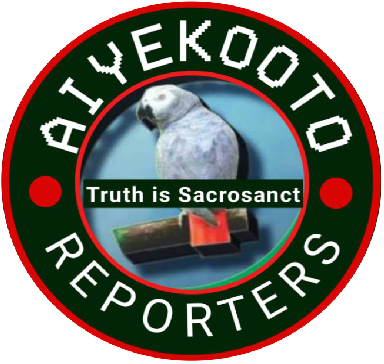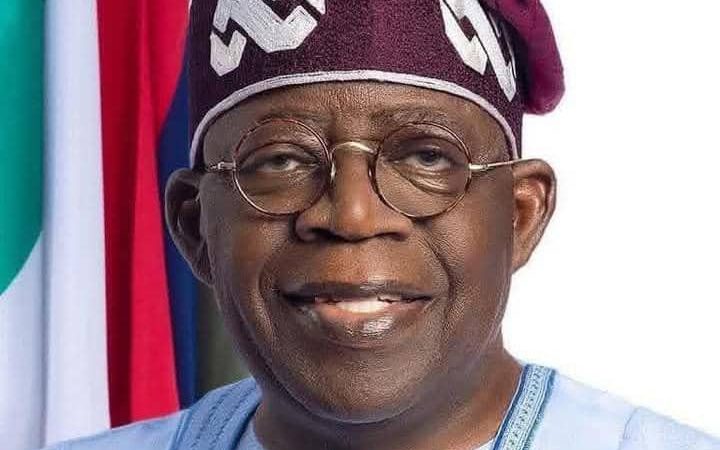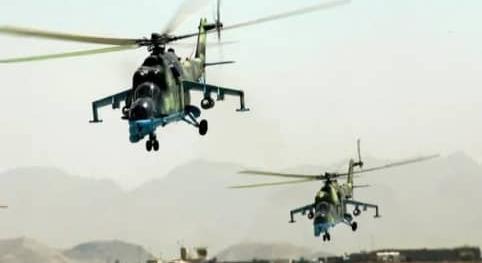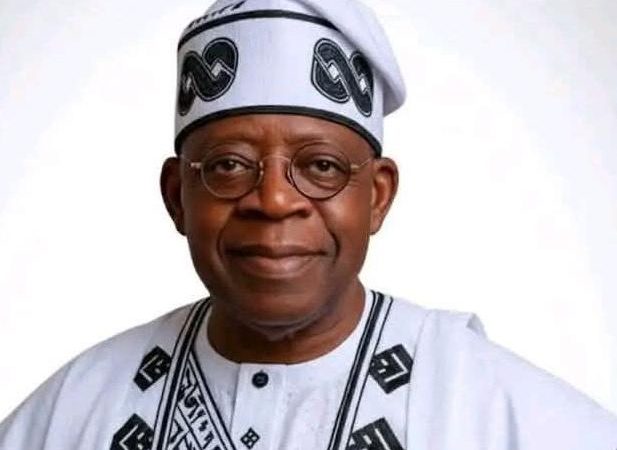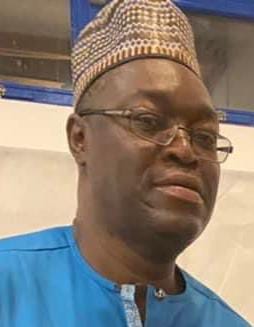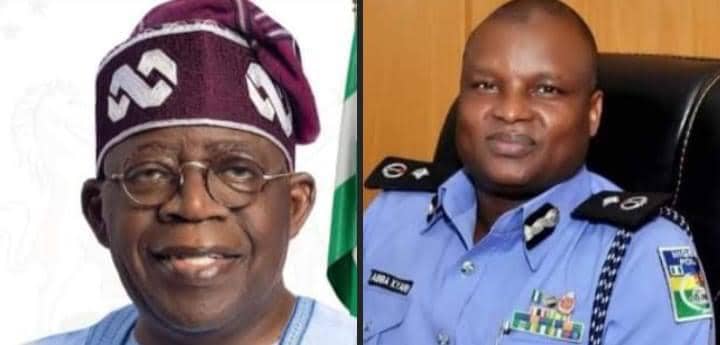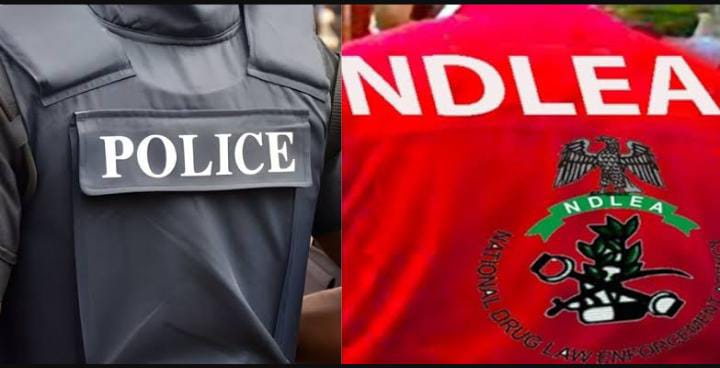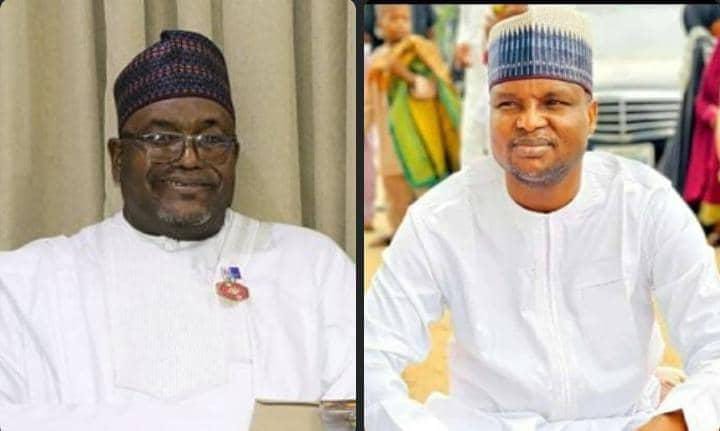Today’s Make Nigeria Better series takes us to Kebbi State nicknamed The The Land of Equity in the far northwest of the country
[1] Known as the Land of Equity, Kebbi State is anything but that as its citizens are among the poorest in the country with a a very low human development index (HDI), while it has produced some of the richest millionaire-politicians in the country. According to a 2021 HDI survey of all Nigeria’s states and the Federal Capital Territory , Kebbi State came 37th in the country
[2] There is absolutely no reason for this to be the case, however because for starters, Kebbi State is home to the Fishing Festival. There is no reason why this event cannot be upgraded into a world class one. All the Kebbi State government needs to do is build hotels, restaurants, bars, roads, cafes, amusement parks, etc in the city of Argungu
[3] Still on Argungu, it is actually a cultural city and home to the Kante Museum where historic artefacts ate kept and displayed. Known locally as Gidan Nabame, this museum also contains the remains of dead emirs who ruled the emirate in the past. Why is this facility not one that attracts millions of tourists on an annual basis?
[4] Next to Argungu and the state capital Birnin Kebbi, is a city called Gwandu. It too is historic as it was the second city of the Sokoto Caliphate. Usman Dan Fodio split the caliphate into two with his son ruling from Sokoto and his brother Abdullahi ruling from Gwandu. Emir Abdullahi’s remains are still buried in the city, so I fail to see why it is not a major tourist attraction. What the Kebbi State government should do is build a grand mosque around this tomb with an amusement arcade and other major tourist facilities
[5] Kebbi is also a state that should be a major source of clean energy in Nigeria as it gets a hell of a lot of sunlight and has a massive area of 36,800 square kilometres. Why is the state not littered with solar farms? Urban centres like Birnin Kebbi, Argungu, Gwandu, Aleiro, Zuru, Jega and Maiyama should all be home to industrial estates manufacturing solar panels
[6] Still on the issue of power, the River Sokoto flows through the length of Kebbi State. It actually flows into the River Niger. Is there any reason why Kebbi cannot build its own mini hydroelectric power plant on the River Sokoto?
[7] When it comes to wildlife, Kebbi State is actually sitting on a gold mine as the River Sokoto is home to hippopotamus and the West African manatee. Kebbi State also has a population of transient African bush elephants. Why has the Kebbi State government not opening a wildlife reserve across say Bagudo and Yauri local government areas?
[8] Located close to the Sahel, Kebbi State is ideal for growing crops like cotton, millet, sorghum, groundnuts, dates, guar gum, rice, gum arabic, onions, etc. Kebbi has the landmass to open up mega plantations, so maybe the state government should enter into partnerships with its local farmers. Get them to form cooperatives on a local government basis, with the state government taking out say a 25% stake in the venture. Kebbi State is crying out for commercial farming
[9] Already, Kebbi State has a few well publicised food processing plants with its famous rice factory, its onion dehydration plant at Aleiro and its tomato paste facility. However, this is not even scrapping the tip of the iceberg. There is no reason why there should be at least one such facility in each of Kebbi State’s 21 local government areas. Kebbi strikes me as a state that could take the lead in commercial farming if well governed
[10] Kebbi State is also not short of solid minerals as it has deposits of gold in Yauri, copper in Gwandu, Zuru and Jega, manganese in Gwandu, Bagudo and Zuru and aluminium in Jega, Zuru, Yauri and Birnin Kebbi. I ask, where are the processing plants to turn all these into finished goods?
